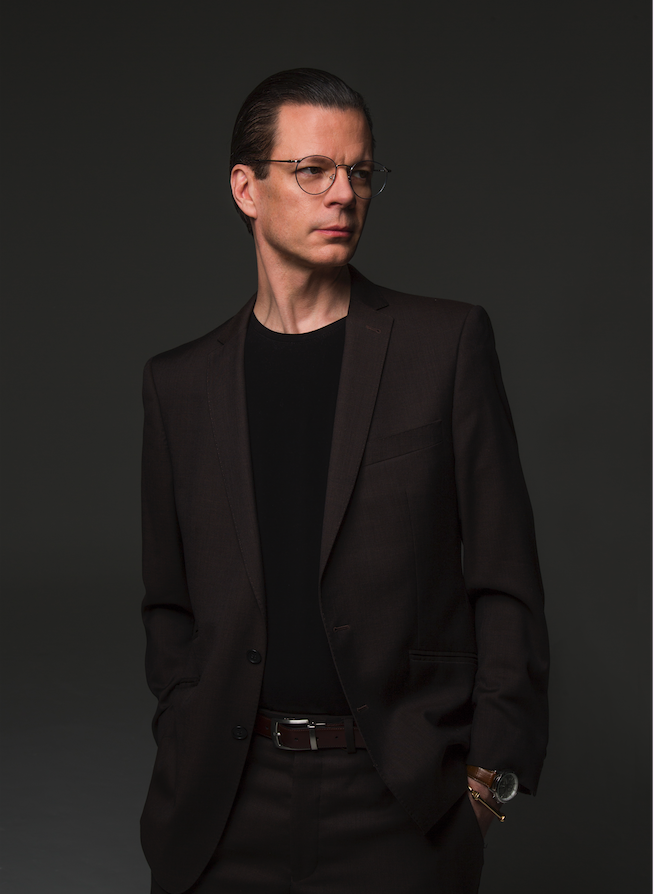
strategy • content + editorial • group facilitation
1:1 private consultant • public speaker
Animateur d’Art
the brief:
Seasoned consultant (been around awhile) and doctoral graduate (after six long years) 2025 creating new theory of liminality principles for commercial/non-strictly-commercial attraction & behavioural dynamics. Working to change the face of modern festivals.
20+ years UK + NYC (I get around) publishing, business strategy/product development (all categories), creative production and community arts development. Startups, re-branding, restructuring a specialty.
Protégé (proud of this) of the late John Calder (publisher of Samuel Beckett/31 Nobel Laureates). Current advisor to the Edinburgh Festival Fringe Venue Alliance.
17+ years NYC advertising + web. Produced the first-ever webcasts Live @nd InConcert ’96 NYC; Will Europe Work ’97 – Washington/Brussels. (Winner: ITCA Multimedia Application of the Year award).
June 2025. Full site forthcoming (really).
••• ‘FRINGE TWISTS’ 2025 blogroll below – Tips on putting the ‘Festive’ back in FESTIVAL •••